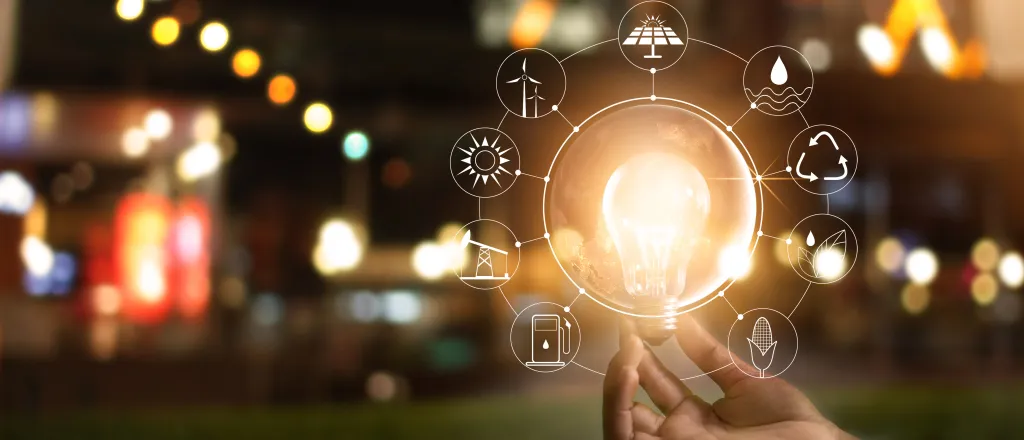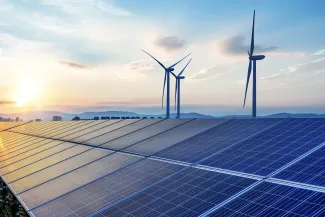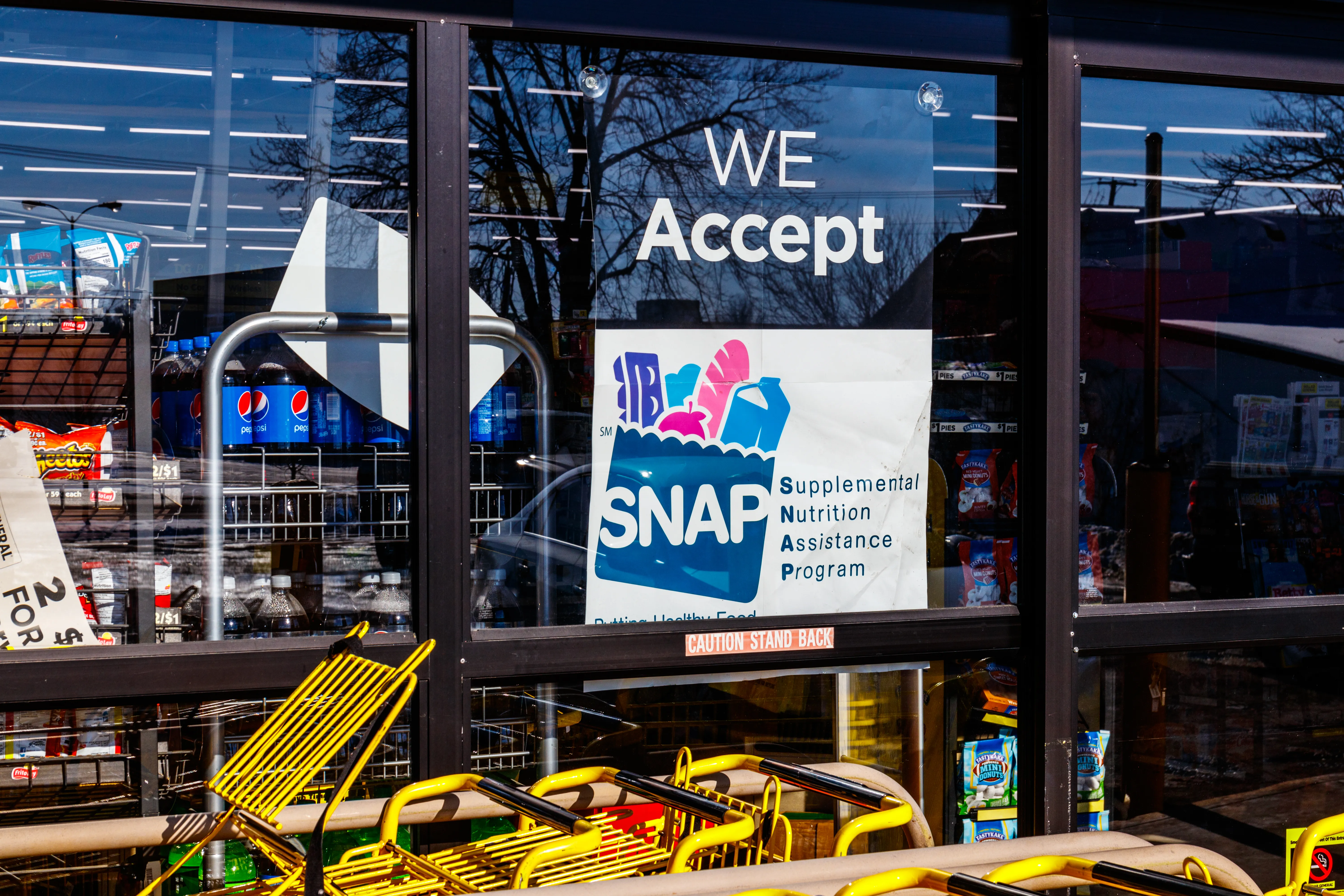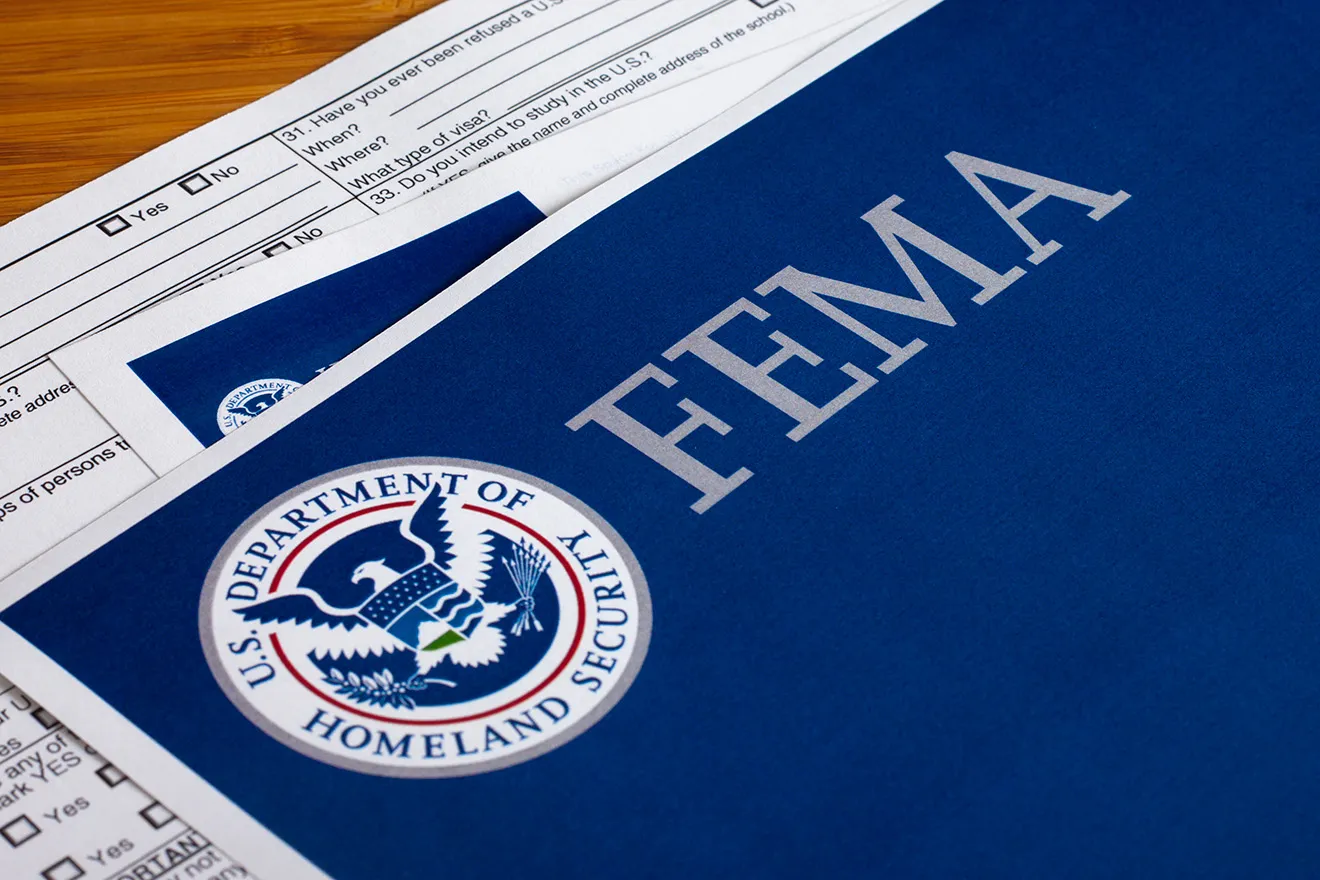
For clean energy, power grid is a Rubik's Cube needing to be solved
© iStock
Click play to listen to this article.
(Minnesota News Connection) A federal agency today is expected to announce reforms related to the power grid, which is stretched thin as the nation transitions away from fossil fuels.
It's a complex issue clean-energy advocates in the Midwest know far too well.

There's a push to expand transmission lines to accommodate the tidal wave of wind, solar, and other renewable projects.
Rules being unveiled could address the thorny issue of cost-sharing among states for the build-out.
More broadly, the Midwest Renewable Energy Association's Executive Director Nick Hylla said market dynamics are tricky - noting competing interests among utilities and developers in expanding the grid.
He said another issue is protecting wildlife.
"The history of management of transmission lines isn't some solid track record from an environmental-conservation point of view," said Hylla. "We could be doing a much better job in transmission corridors."
In these cases, decarbonization groups and conservationists are at odds with each other. Notably, a recent court ruling is allowing a transmission line project involving Wisconsin to advance.
Hylla said "non-wire alternatives" are emerging to help the movement without turning to the grid.
In Minnesota, Xcel Energy has been testing a program that incentivizes customers to curb energy use during peak demand.
Similar programs are taking shape elsewhere, but industry analysts say these initiatives are navigating their own barriers as they try to get off the ground.
Still, Hylla said an example of this approach along the East Coast is turning some heads.
"It's a BYOB program - Bring Your Own Battery program - that now, over 24,000 customers in three eastern states have subscribed to," said Hylla. "It's basically a subsidy to put a battery in your house and just to make sure that you're not using electricity in peak times. "
As governments, utilities and other entities face pressure to meet climate goals amid soaring demand for electricity, Hylla suggested these solutions will have to work hand-in-hand.
His group is focused on efficiencies, such as rooftop solar, to reshape the distribution of energy.
But he said large-scale renewable projects play a role, too, including the economic benefits for communities in which they're located.

















